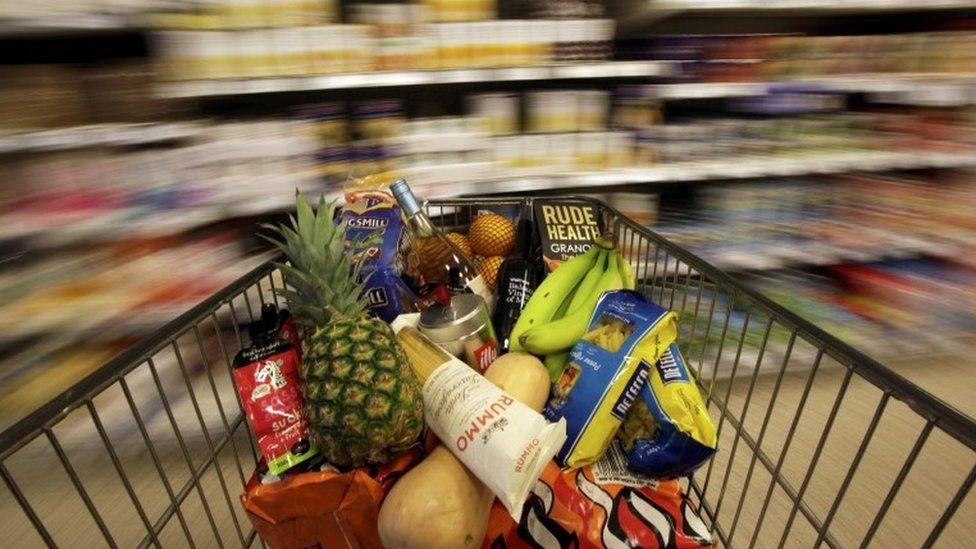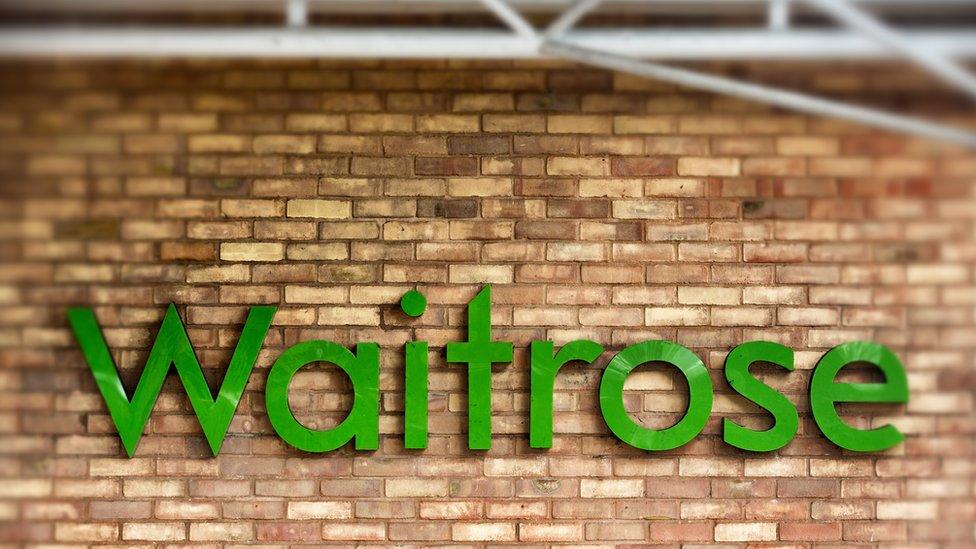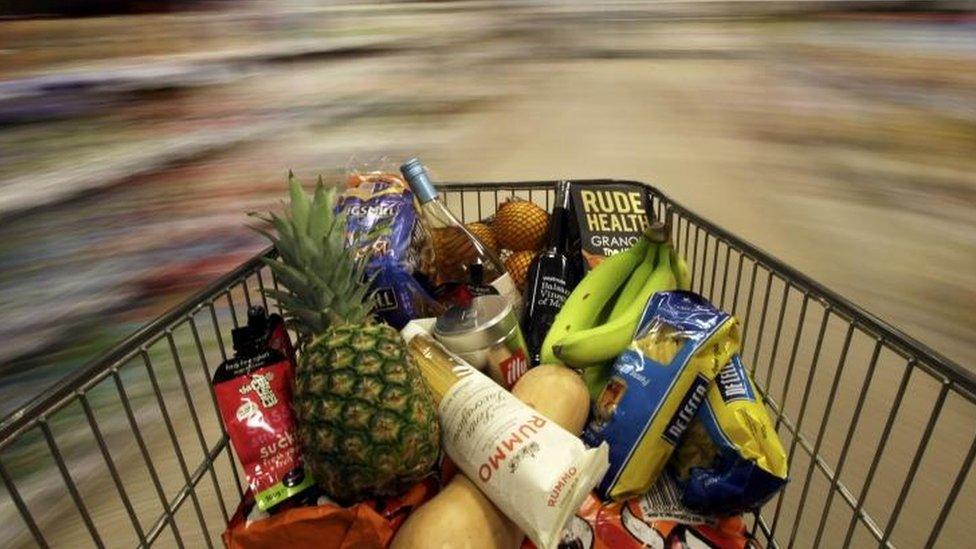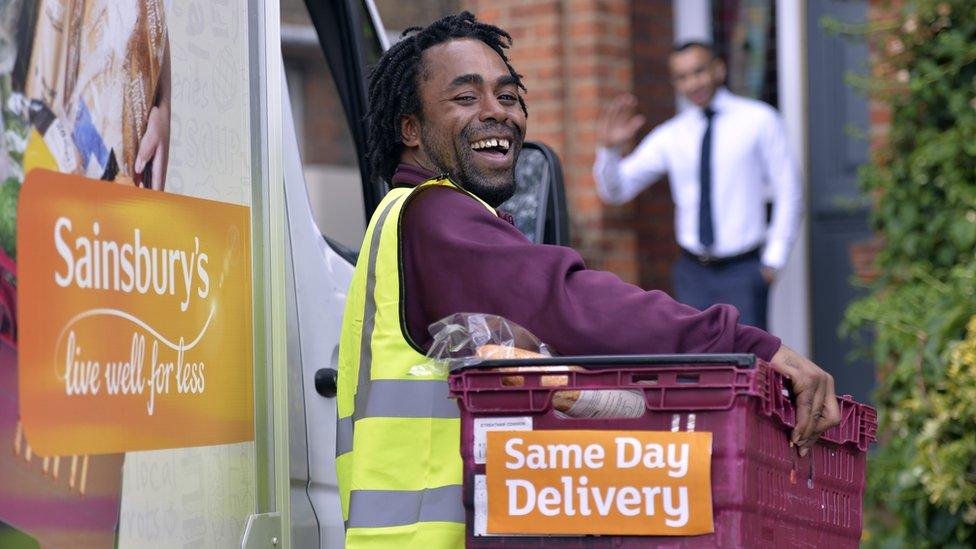Big four supermarkets report a drop in summer sales
- Published

German discount chains Lidl and Aldi have continued to grab market share from the big four supermarkets, which all reported a drop in sales, according to market data.
Market researchers Kantar Worldpanel said there was an overall growth of 0.3% in the 12 weeks to 14 August, boosted by the warm weather.
Lidl and Aldi recorded like-for-like sales growth of 12.2% and 10.4%.
Tesco had a sales drop of 0.4% compared with 2015, the slowest in six months.
Fraser McKevitt, head of retail and consumer insight at Kantar Worldpanel, said: "Current trends suggest the retailer may return to growth this year, which would mark the end of a decline stretching back to March 2015."
Asda remained at the bottom, with sales down 5.5%. Last week, Asda reported its worst quarterly performance on record.
Sainsbury's saw sales fall 0.6% and Morrisons by 1.8%.
Sunshine sales
Market researcher Nielsen, which has published industry data in the 12 weeks up to 13 August, found similar trends.
It and Kantar noted that promotional sales had dropped, reflecting the big four supermarkets' move towards simpler pricing models and permanent price cuts.
Mike Watkins, Nielsen's UK head of retailer and business insight, said the big four supermarkets were simplifying "the overall customer offer in response to the growth of the discounters by lowering the level of promotions and reducing multi-buys, instead moving to permanent price cuts".
He added that the hot weather and success at Rio had helped boost overall supermarket sales.
"Brexit seems to have been replaced by an Olympic 'feel-good' factor among shoppers and there were more visits to buy food and drink in the last four weeks than this time last year."
Nielsen said the strongest category performances were in soft drinks, with mineral water sales up by 18.5%. This was followed by frozen foods driven by ice-cream sales.
Kantar said grocery price inflation remained negative, with a representative basket of goods 1.3% cheaper than it was last year.
- Published1 June 2016

- Published28 June 2016

- Published21 July 2016
